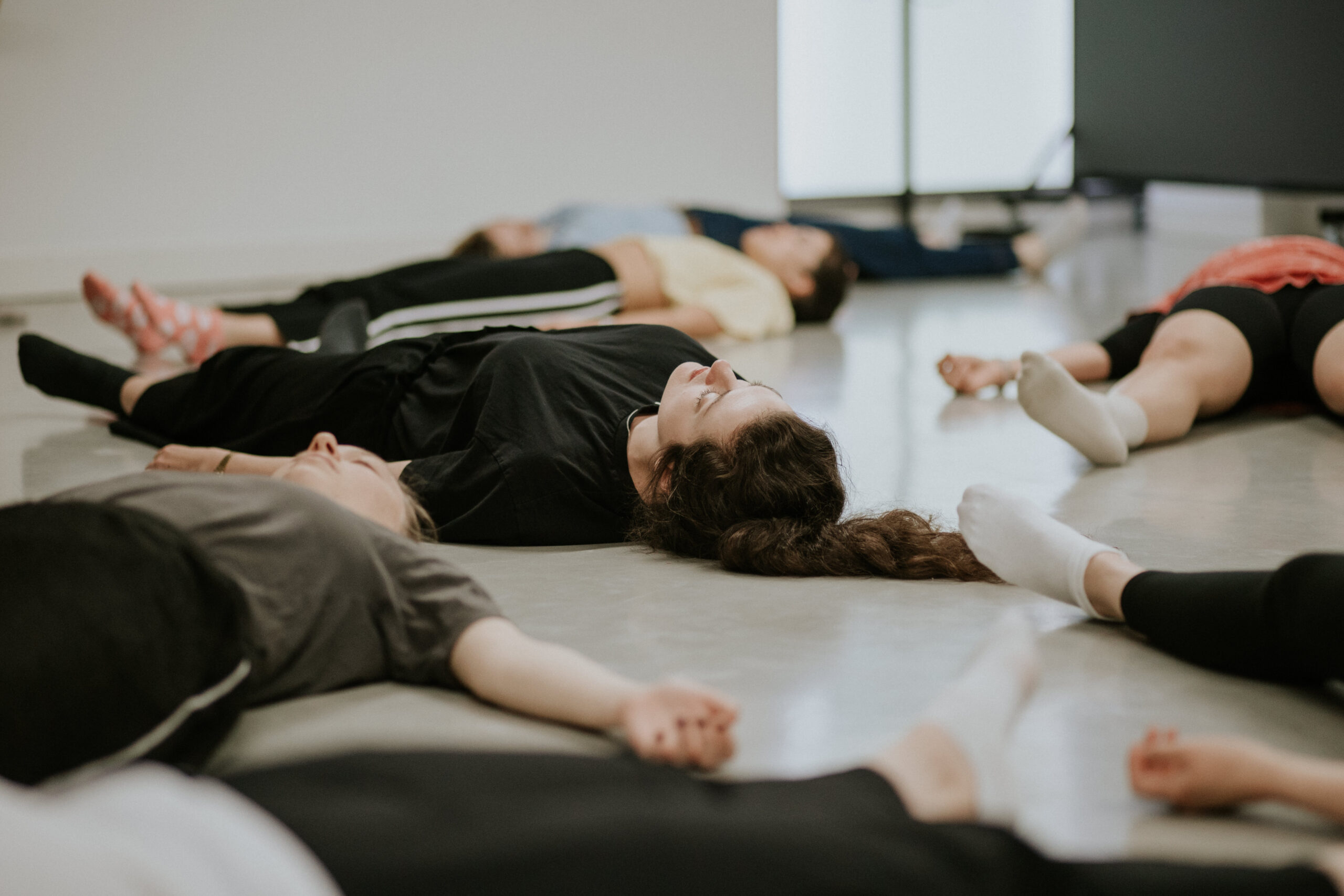Learn How To Develop a Routine That Suits Your Schedule
Time management is essential for actors. Whether you’re on a contract, between acting jobs, or at drama school, you must juggle training, side hustles, auditions, upskilling and learning lines with a social life – all while looking after your physical and mental health. Without efficiently managing our time, we increase the risk of burnout, apathy, demotivation, fatigue and procrastination.
Getting the most out of each day and finding balance helps us to grow and progress within our careers and keeps us feeling fresh, motivated and empowered. But breaking the cycle of using our precious time unproductively can be difficult. Losing track of time or aimlessly going through the motions happens easily and often without us noticing.
For these reasons, we must implement clear, targeted frameworks into our lives to ensure that we’re thriving, reaching our goals and moving forward in our careers. Here are nine practical tips to start implementing now to help you manage your time more efficiently:
1. Set Clear Goals
Firstly, it’s essential to set clear, targeted goals. In other words, be specific. Rather than aiming to book more roles and improve your craft, set targeted goals like attending a workshop with a casting director you’d like to work with and perfecting your RP accent. Specificity makes these goals achievable, realistic and measurable. It also means you’ll have greater clarity on the timeframe needed to complete your goals and how much time you need to dedicate towards them within that window.
In this way, setting clear goals means you can effectively plan your time. It also allows you to create a tangible record of your achievements – an essential way to check in with your progress and direction – while allowing you to evaluate and restructure how you’re using your time.
Write your goals down or make a mood board. Then, break them down into manageable cycles, setting yearly, monthly, weekly and daily plans to achieve them. For example, if your goal is to improve your breath work, breaking this down into manageable time frames will help you to efficiently plan your time and keep your momentum going to reach this goal. You could do short breath work exercises for five to 10 minutes a day and 30-minute intensive sessions weekly focusing on breath control and capacity.
You don’t have to work on everything every single day, but setting out your plans into manageable cycles is a great way to ensure you cover everything you need to while preventing burnout, saving time, and reaching your performance goals.
2. Create Checklists
Create daily and weekly checklists and reflect on them before bed so you know what you have in store the next day. Once you’ve set your targeted goals and planned within your timeframes, you’ll already have a clear idea of what you need to do each day to stay on track. Include this in your checklists.
Incorporate acting and life to-dos on the checklist to make sure you’re looking after yourself holistically and realistically, planning to use your time effectively. A checklist for one day might include: stretching, warming up your voice, doing laundry, learning lines for an audition, submitting for jobs on Spotlight, walking with a friend and writing a checklist for tomorrow.
Check off these tasks to keep you on track and accountable – plus, you get the added satisfaction of checking something off a list!
3. Aim to Complete Multiple Objectives at Once
Finding ways to kill more birds with one stone is a great way to save time while still working toward your acting goals. For example, a breathing exercise in the morning helps clear your head and focus – while also improving your breathwork for acting. Alternatively, try practising a monologue in an accent you’ve been meaning to learn – you may just get two skills out of one exercise.
4. Prepare the Night Before
Get ready for the next day, the night before. Organise adequate nutrition, pack your bag and have your clothes and checklist ready.
This ensures you start your day off motivated, on track and on time – and frees up your morning for tasks you wouldn’t otherwise have time for.
5. Get a Good Night’s Sleep
Get enough good quality rest. Seven to nine hours are recommended for adults, so make sure you’re getting to bed early enough. Your aim is to be well-rested and clear-headed for a fresh start in the morning. This is a crucial way to maintain your energy throughout the day to stay on schedule.
Find out more about why sleep is important for actors
6. Piggyback Your Tasks and Responsibilities
To use your time effectively, piggyback tasks onto daily practices that you already do. For example, do your physio exercises while you brush your teeth, recite lines while you wash the dishes, or do your vocal warmups and exercises while you do your hair and makeup. This also helps with keeping up motivation and accountability.
7. Schedule in Rest
Ensure you intentionally include physical and mental rest into your schedule to prevent burnout. Rest is essential for your progress and processing everything you’re learning and doing. It ensures that you have the steam and resilience to keep going. The life of an actor is busy, but rest is essential.
Find out more about why rest is the secret to success for actors
8. Change Your Mindset
Start forming the mental pattern that being on time means arriving early. Don’t give yourself another option but to arrive early. Regarding auditions, classes, call times and performances, we know that being early enough to warm up, get ready and mentally and physically prepare is vital.
Start building and evolving that discipline by telling yourself that ‘on time’ means 15 minutes early.
9. Reflect
Check-in with yourself and reflect honestly on how well you’re managing your time and achieving your goals. This could be through a journal to evaluate each day or by referring to your goals and timeframes. Doing this weekly before bed is a great way to reassess or make any adjustments, where needed, to ensure you are efficiently managing your time and energy.
The beauty of an acting career is that we never stop learning and growing. Start implementing these time management tools now to set you up for success and continued growth. By creating targeted goals and breaking them down into realistic timeframes, you’ll get a clear idea of how you need to divide your time to support your lifestyle and goals. It’s important to remember that you don’t need to train or work on every goal every single day to still achieve them. Looking after your mental and social health is vital and incorporating rest into your life is essential for progression and balance.
Managing your time really is an imperative tool that will enable you to prosper in your career, sustain direction, balance and motivation in your life and perpetuate your continued success as an actor.
The time is now – you’ve got this!
Take a look at our website for more tips and advice about wellbeing.
Ariella Barnett is an exercise scientist, sports physiologist and performing artist. Combining her experience as a professional performing artist with her expertise as an exercise scientist, Ariella guides industry professionals to reach new heights. Specialising in working with performing artists, Ariella optimises overall performance, manages well-being, embraces individuality and prevents injury to ultimately build long, sustainable, successful careers.



















